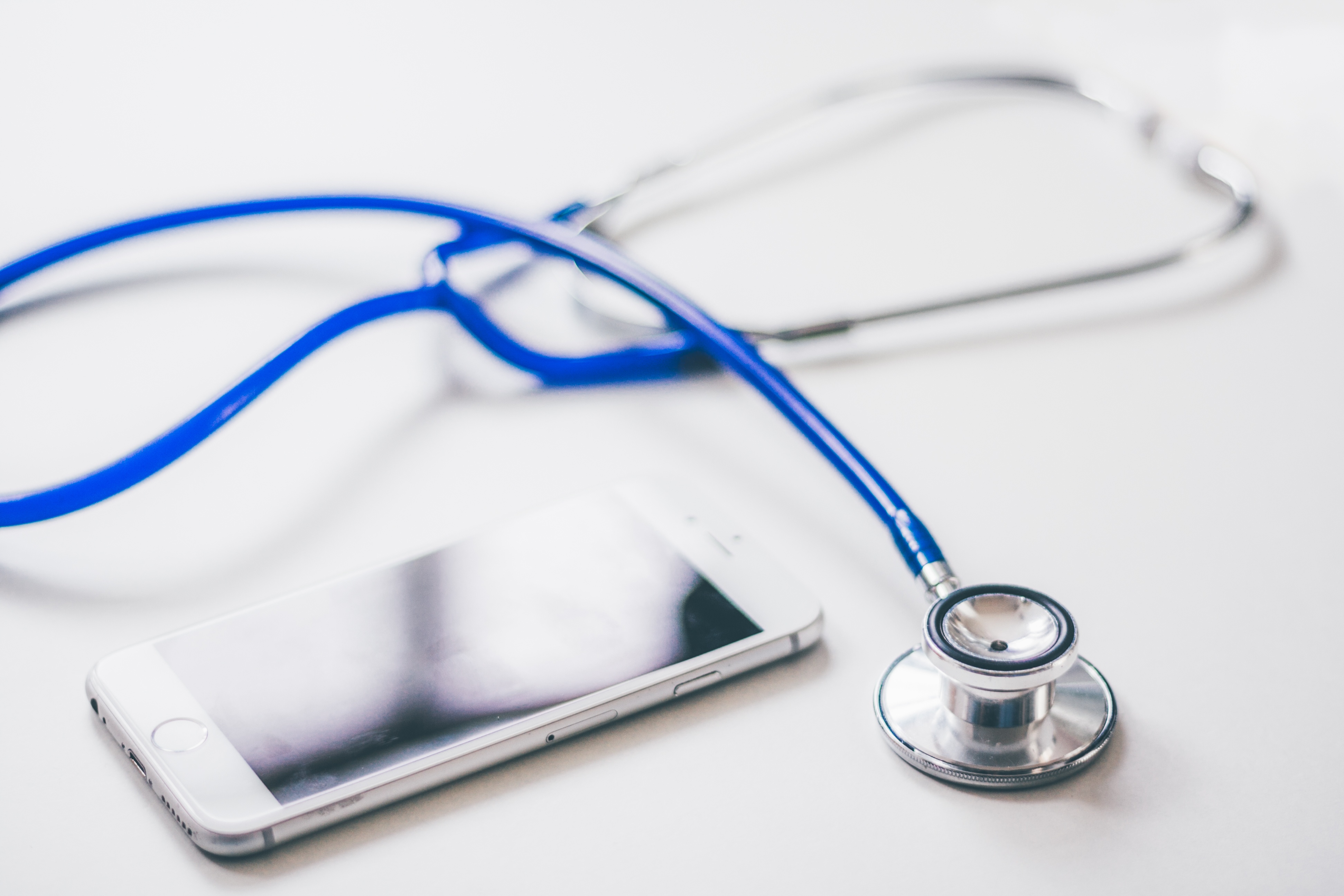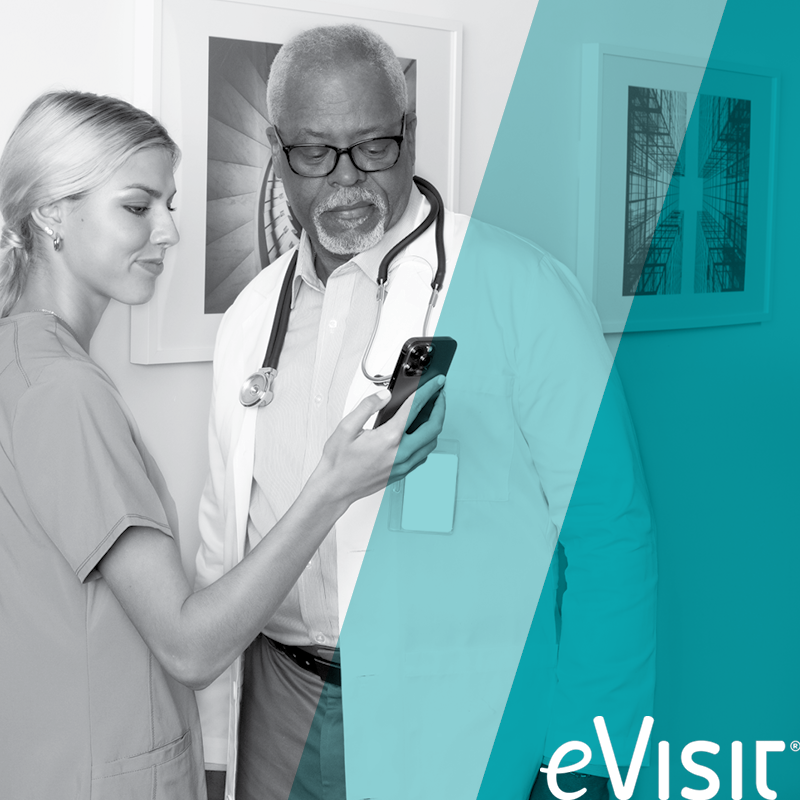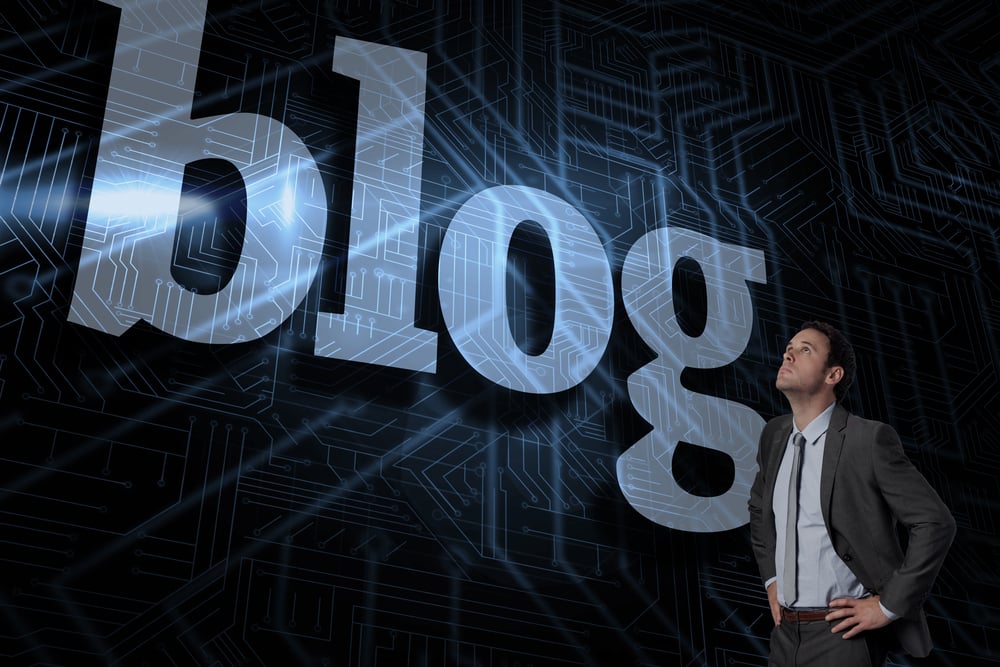We're always on the lookout for incredible new mobile health tools. Whether it's a new piece of medical equipment or a truly smart app for your phone, at eVisit, we love nothing more than innovative health tech! Here's a list of the apps, devices, tech and tools we're fascinated by right now.
1) Zombies, Run!
If your patients are obsessed with Pokémon Go, but need a kicked-up workout, this game is a perfect match. It's a literal survival of the fittest: the more players run, the less likely they are to get gobbled up by zombies. Fun elements like power-ups and base camps make for exciting, creative gameplay. Available on iOS and Android.
2) SideChef
Nutrition is imperative for any patient, but cooking healthy meals at home can be a challenge for first-time gourmands. The SideChef app uses step-by-step recipes and combines photos, videos and voiceover to make following instructions easy for anyone. This app is sleek and has a great variety of balanced recipes, but it really shines in the accessibility department. Available on iOS and Android.
3) TalkSpace
TalkSpace is a great resource for people who need mental health help at a moment's notice. The app provides affordable, secure messaging with licensed therapists, with an initial assessment to determine your needs. The unlimited messaging option may be a good fit for those who are trying therapy for the first time or those who need at-home support. Available on iOS and Android.
4) mySugr
Diabetes management is no easy feat, but mySugr makes it a little less intimidating. This app lets you log blood glucose levels, A1c and CGM data as well as food and activity levels. It's smart and comprehensive in just the way diabetes patients need. Available on iOS and Android.
5) Clue
Widely regarded as the top period-tracking app, Clue goes above and beyond in giving users a solid picture of their reproductive health. The sleek, discreet interface is useful for tracking pain, moods, and activity levels. Recommend this app to patients who are tracking fertility or who want to have a better understanding of their bodies' needs. Available on iOS and Android.
6) CASP (Critical Appraisal Skills Programme)
Reviewing medical literature has never been so easy! With the CASP app, physicians can flex their problem-solving muscles and use research evidence for professional development. Available on iOS in the U.S.
7) Ortho Guidelines
The Ortho Guidelines app is a great tool for practicing and teaching physicians. Obviously, it's a good resource for orthopedics who want to keep their best practices up-to-date, but it can also be used by general practitioners or other specialties who need a refresher on orthopedic standards. Available on iOS and Android.
8) Pzizz Sleep
This app is a great match for patients who have trouble getting to sleep at night, or find themselves fatigued throughout the day. Calming audio, smart alarm options and offline access make Pzizz the best way for patients to get some shuteye. Available on iOS and Android.
9) SleepBot
If Pzizz is the best way to get to sleep, SleepBot is the best way to optimize those REM cycles. The app has a movement tracker and sound recorder, with daily and long-term charting options to get the most out of your sleep over time. There's also a smart alarm that uses the phone's accelerometer to gauge sleep patterns and wake users during the lightest sleep in a 30-minute window. What a way to start your day! Available on iOS and Android.
10) CRMD Finder
Avoid cardiac crises with this cool app. The CRMD Finder will help you identify the manufacturer and model of a patient's pacemaker just by looking at the X-ray. It's a huge timesaver for cardiac patients and their physicians. Available on iOS.
11) CDC Vaccine Schedules
This is a handy for patients and physicians. Keep track of child, adolescent and catch-up schedules for immunizations and be the first to see any updates. Color-coordinated schedules are easy to navigate and understand. For iOS and Android.
12) CDC Flu
Targeted at physicians, the CDC influenza app has the latest flu information. Track nationwide activity, find the latest CDC recommendations, and order informational material for patients. Available on iOS and Android.
13) Migraine Buddy
Chronic migraines can seem to put your life on hold. Tracking the pain, symptoms, and triggers associated with migraines can help patients make steps towards a treatment plan, and Migraine Buddy is the top-rated app for doing just that. Available on iOS and Android.
14) What's Up?
For anxiety, depression, stress and other mental health challenges, What's Up? is one of the top-rated apps for mobile help. Utilizing theories of cognitive behavioral therapy, the app allows patients to log their thoughts and feelings, while also training their brains to try out new thought patterns. Available on iOS and Android.
15) Wanda
Still in the works, Wanda is a health tech device with a cybersecurity focus. It looks like a magic wand from a toy store magic set, but it actually works to securely connect devices to a Wi-Fi network. It's an important step towards safe mobile monitoring in the connected medical home.
16) Naya Health Smart Pump
A brilliant technology for moms on the go, the Naya smart breast pump is comfortable as well as connected. The hydraulic pump system allows for quieter, gentler pumping, while the smartphone app help tracks pumping, feeding, and milk inventory. An Apple Watch app is in development, too.
17) HMD Omni Pro
HMD's Omni Pro received plenty of IndieGoGo backing, and no wonder — it's a complete, connected physician toolkit. Featuring an otoscope, opthalmoscope, stethoscope, hearing screener and more, this portable tool does almost anything.
18) BioStamp
The BioStamp does a lab's worth of monitoring while stuck to the human body. Place it on a specific part of the body to collect different kinds of information, and use the mobile application to manage your research.
19) EarlySense Pad
This contact-free pad goes right under a patient's mattress and monitors patient vital signs and motion to stop problems before they start. It's a step up from existing inpatient monitoring systems, with fewer false alarm alerts and more features to keep patients safe.
20) MicroSoft Hololens
This bit of VR tech has seen a lot of interest in the last several years, and it's finally seeing use cases. The Hololens has an impressive virtual workspace that's a nice addition to the augmented-reality market.
Did we miss anything? Physicians, if there are any health tools you're excited about, let us know in the comments section.




